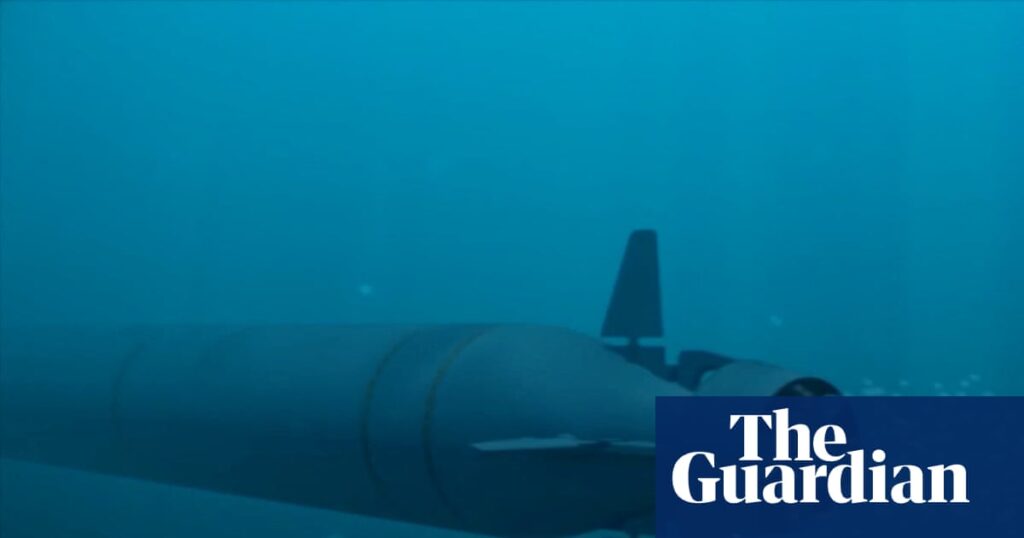President Vladimir Putin announced on Wednesday that Russia successfully tested its nuclear-powered torpedo drone, Poseidon, a new type of retaliatory weapon capable of creating radioactive tsunamis. This marks the second weapon-related announcement from the Kremlin this week, with both U.S. and Russian officials raising concerns about its classification and adherence to nuclear deterrent norms. The Poseidon, launched from submarines, can operate underwater before deploying a nuclear warhead.
Putin highlighted the test’s success, stating it involved launching a nuclear unit after initial deployment from a submarine. He claimed the Poseidon’s capabilities surpassed those of Russia’s Sarmat intercontinental missile. He also referenced the recent multi-hour flight of the Burevestnik missile, criticized for its nuclear propulsion’s potential radiation hazard.
On the battlefield, the Ukrainian military is facing escalating pressure around the eastern city of Pokrovsk, with reports of significant Russian troop concentration. While Putin claimed Ukrainian forces were surrounded, Ukrainian officials called this an “illusion,” asserting supply lines remain intact. Ukrainian President Volodymyr Zelenskiy described the situation as critical but stated that Ukrainian forces were regaining control.
Additionally, a Russian attack on a children’s hospital injured at least nine individuals, drawing condemnation from Zelenskiy. In Russia, the death toll from a recent explosion at a munitions factory in Kopeisk rose to 23, with the cause still under investigation.
In domestic developments, a Kiev court detained former Ukrenergo chief Volodymyr Kudritsky on embezzlement charges, prompting allegations of political motivation. Meanwhile, in Russia, anti-war activist Diana Lozinova was sentenced to prison again, highlighting the risks faced by critics of the government amidst ongoing repression of dissent.
Source link


